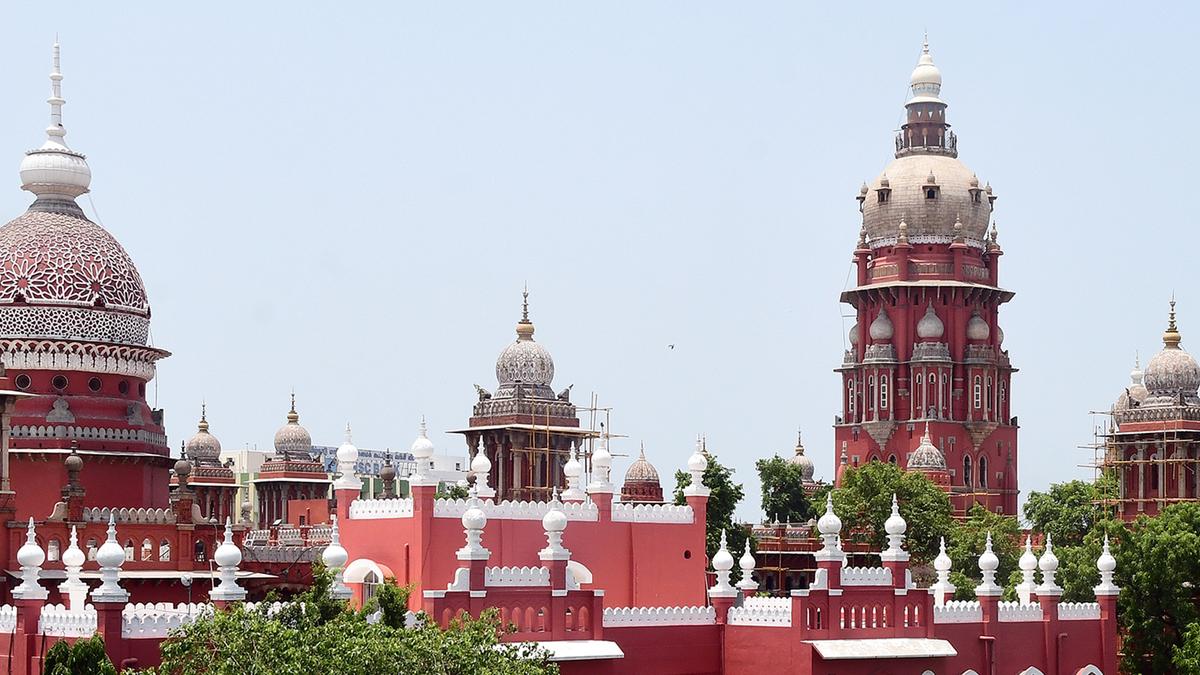Now Reading: Madras HC Questions ST Certificates Issued to Malayali Community in Erode
-
01
Madras HC Questions ST Certificates Issued to Malayali Community in Erode
Madras HC Questions ST Certificates Issued to Malayali Community in Erode

Speedy Summary
- Madras High Court Directive: The Madras High Court has asked the Tamil Nadu government to justify how Malayali community members in Erode district were given Scheduled Tribe (ST) certificates despite not being eligible.
- Deadline for explanation: The government has been allocated four weeks, with a deadline of October 23, to file its explanation through the State Government Pleader.
- Petition Details: A batch of 10 petitions was filed by individuals whose applications for ST certificates were rejected. These petitioners pointed to instances where others in Erode from the Malayali community received ST certificates.
- Government Proposal Not Enforced Yet: advocate S. Doraisamy noted that Tamil Nadu had recommended including malayalis from Erode in the ST list on March 17,2025,but this recommendation requires a Presidential order and parliamentary approval under Articles 342(1) and (2).No such process has occurred yet.
- Court’s Stand on Eligibility: Currently, only Malayalis residing in certain districts-Dharmapuri, North Arcot, Pudukkottai, Salem, South Arcot, and Tiruchi-are officially entitled to be issued ST certificates per constitutional provisions.
Indian Opinion Analysis
This case highlights notable issues concerning caste-based benefits and administrative oversight within India’s affirmative action framework. The court’s observation that constitutional protocols under Articles 342(1) and (2) have not been followed underscores strict legal compliance required for tribe-related classifications. Potential misuse or errors in issuing caste certifications may raise concerns around equality of access among eligible groups while eroding trust in governance practices.
Tamil Nadu’s pending recommendation could signal larger challenges across states when it comes to balancing historical justice with evolving demographics or regional claims for inclusion under reserved categories like Scheduled Tribes. The judgment also sets an crucial precedent regarding administrative accountability when issuing identity-based benefits before formal legal recognition is granted at the national level.
























